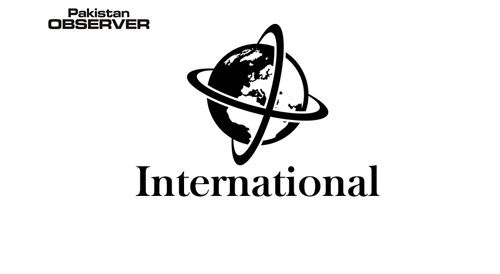Islamabad
Thirty-two percent of destinations worldwide – 69 in total – are now completely closed for global tourism as a result of the coronavirus pandemic, showed the latest data from the United Nation World Tourism Organisation (UNWTO).
Among the destinations now off limits, more than half of them have been inaccessible to overseas travellers since 27 April last year.
Moreover, most of the former tourist draws affected are in Asia, the Pacific and Europe, according to the UNWTO Travel Restrictions Report.
On the other side of the coin, more than a third of global tourism destinations are now partially open to international visitors, with Albania, Costa Rica, Dominican Republic, North Macedonia and Tanzania, lifting all COVID-19 related travel restrictions.
Noting that travel restrictions have been widely used to restrict the spread of the virus, Zurab Polilikashvili, UNWTO Secretary General, stressed that “as we work to restart tourism, we must recognise that restrictions are just one part of the solution.”
He further underscored that travel restrictions must be based on the latest data and analysis, and consistently reviewed “so as to allow for the safe and responsible restart of a sector upon which many millions of businesses and jobs depend.”
The report shows a growing trend in international destinations “adopting a more nuanced, evidence and risk-based approach” to coronavirus linked travel restrictions, said the UN agency in its news release on the report.
More countries are requiring tourists to present a negative Polymerase Chain Reaction (PCR) or Covid-19 antigen test for entry, as well as providing contact details for tracing purposes.
Just over 30 percent of all worldwide destinations have made presenting negative test results their main requirement for entry, which the same proportion are making tests a secondary or tertiary measure.
So far 70 world destinations have adopted such an approach, with additional quarantine requirements. Around a third of these destinations are Small Island Developing States (SIDS) in the Americas.
According to UNWTO, many governments have advised their citizens to avoid non-essential travel abroad, including governments of the top ten destinations who have adopted that policy, which received 44% of all international tourists worldwide, according to figures from March 2018.
How they review policies in the light of the pandemic, will play a critical role in restarting and restoring global tourist flows in the months ahead, said the report.—TLTP










